Imagine having 100 trillion loyal friends working tirelessly to protect you and your child since birth, but for them to thrive, you both need to eat healthy plant-based foods. This relationship is not fictional — we have been living our whole lives with this support system: our microbiomes.
Our microbiome is a network of bacteria, viruses, parasites and fungi, found primarily in the gut. The microorganisms in this network far outnumber our own 10 trillion human cells, and they need us as much as we need them! Eating plant-based fiber and nutrient-dense diets rich in vitamins and healthy fats, like vegetables, fruits, mushrooms, nuts, seeds, legumes and fermented foods support our microbiome. In turn, our microbiome helps to digest that food, release nutrients and metabolites, break down toxins, make vitamins and defend our body against infection. If our diets lack plant fiber, harmful microorganisms can overtake helpful ones, making us more vulnerable to illness — such as COVID-19.
Microbiomes and COVID-19
The relationship between pre-existing conditions and severe COVID-19 is recognized, but less appreciated is the role gut microbes may play as middlemen. People who struggle with pre-existing conditions such as excess weight and Type 2 diabetes, often lack “well nourished,” diverse microbiomes, which may leave them with weaker defenses against COVID-19.
A recent study of 2,884 health care workers in six countries severely impacted by the current pandemic, before vaccines were available, confirmed that those who followed a plant-based diet were better protected against severe COVID-19 than those following a traditional Western diet, low in fiber-rich plant carbohydrates and high in processed foods and animal protein. Another study of 592,571 UK and US participants in the smartphone-based COVID-19 symptom study run from March to December 2020, found the same protective association of a healthy diet, reporting a 22.5-fold increased absolute risk for severe COVID-19 among those with lowest versus the highest intake of plant-based foods, and this risk differential increased to 40.8-fold among those living in poverty.
How food helps the fight against COVID-19
How can food make such a difference? Because the gut microbiome interacts with our food first and intestinal immune cells in turn interact with the microbiome to help establish a robust self-defense system. Immune defense can be divided into innate (general) and adaptive (specialized) immunity. Innate immunity is made of lipoproteins (transport molecules) produced by the gut and liver and circulating immune cells that act as nonspecific first line responders against new threats. If innate immunity cannot stop an infection, adaptive immunity generates specific responses against the threat at hand, without overreacting. Adaptive immunity is also key to generating an adequate protective response to vaccines.
When this immune response does not work properly, patients with COVID-19 may develop severe lung damage or other complications that contribute to mortality. Thus, advocating for healthy dietary patterns that support our microbiome in the fight against COVID-19 should be included alongside critical public health messaging (i.e., washing hands, masking, keeping distance and getting vaccinated). Good nutrition is particularly important to optimize the innate immune systems of our children until they are eligible to be vaccinated against COVID-19 and will help them build a strong vaccine response.
For many reasons, the plant-based foods that support diverse microbiomes and therefore both our innate and adaptive immune systems are missing from most American diets. Taste preferences may be one of the easier reasons to tackle because tastes change in response to exposure; we are even learning that the microorganisms cultivated by certain foods influence our choice to eat those foods. This means healthy food choices that feel hard at the start get easier! Other factors limiting the use of plant-based diets include cost, access, cooking skills and cultural traditions. Yet, even when these factors are reduced in school settings where cafeterias offer healthy plant foods, these are the foods most often discarded by students.
Team KiPOW!
To help young children overcome these barriers, teams of medical students and health professionals from George Washington University School of Medicine and Health Sciences and Children’s National Hospital in Washington, D.C., and University of Irvine School of Medicine and Children’s Hospital Orange County in California, are partnering with local public and public charter schools through our program, called KiPOW!TM (Kid POWER!). Team KiPOW! offers healthy behavior mentoring. Prior to the COVID-19 pandemic, Team KiPOW! traveled to Title 1 elementary schools to encourage healthy eating habits by modeling them over shared school lunches. During the pandemic, we have continued our initiative by developing platforms to ‘Zoom in’ to classrooms with virtual mentoring. The opportunity to better defend against variants of COVID-19 or other infectious viruses is far too important to let fruits, vegetables and whole grains be thrown away!
Our goal is for all children to benefit from the healthy foods provided in their school meals, thanks to the 2010 DC Healthy Schools Act and Federal School Lunch guidelines. School-aged children are returning to in-person learning this fall and will benefit from strong immune systems, especially while SARS CoV-2 virus variants continue to emerge. Nutrition equity is of vital importance as we continue to navigate the COVID-19 pandemic. Now more than ever, we must encourage and enable all children to eat lots of colorful, fiber-rich veggies and cultivate healthy microbiomes!
References
- Narayanan N, Nagpal N, Zieve H, et al. A Replicable, School-based Intervention Using Health Mentor Face-time to Help Address Child Obesity by Strengthening School Wellness Policy. CDC J of Preventing Chronic Disease. 2019;16:E154. cdc.gov/pcd/issues/2019/19_0054.htm
- Kim H, Rebholz CM, Hegde S et al. Plant-based diets, pescatarian diets and COVID-19 severity: a population-based case–control study in six countries. BMJ Nutrition, Prevention &Health 2021;0. https://doi:10.1136/bmjnph-2021-000272
- Merino J, Joshi AD, Nguyen LH et al. Diet quality and risk and severity of COVID-19: a prospective cohort study. Gut. 2021 Sep 6:gutjnl-2021-325353. https://doi:10.1136/gutjnl-2021-325353 Epub ahead of print. PMID: 34489306
- Yeoh YK, Zuo T, Lui GC, et al. Gut microbiota composition reflects disease severity and dysfunctional immune responses in patients with COVID-19. Gut. 2021 Apr;70(4):698-706. https://doi:10.1136/gutjnl-2020-323020 Epub 2021 Jan 11. PMID: 33431578; PMCID: PMC7804842.
- Heys C, Fisher AM, Dewhurst AD, Lewis Z, Lizé A. Exposure to foreign gut microbiota can facilitate rapid dietary shifts. Sci Rep. 2021 Aug 18;11(1):16791. https://doi:10.1038/s41598-021-96324-5
- Zmora, N., Suez, J. & Elinav, E. You are what you eat: diet, health and the gut microbiota. Nat Rev Gastroenterol Hepatol 16, 35–56 (2019). https://doi.org/10.1038/s41575-018-0061-2
 https://riseandshine.childrensnational.org/wp-content/uploads/2025/08/mother-holding-baby-feature.jpg
300
400
Danielle Robbins
https://riseandshine.childrensnational.org/wp-content/uploads/2017/11/childrens_riseandshine_logo.jpg
Danielle Robbins2025-08-14 14:23:062025-08-14 14:23:06Breastmilk oversupply: signs, causes and how to manage it
https://riseandshine.childrensnational.org/wp-content/uploads/2025/08/mother-holding-baby-feature.jpg
300
400
Danielle Robbins
https://riseandshine.childrensnational.org/wp-content/uploads/2017/11/childrens_riseandshine_logo.jpg
Danielle Robbins2025-08-14 14:23:062025-08-14 14:23:06Breastmilk oversupply: signs, causes and how to manage it




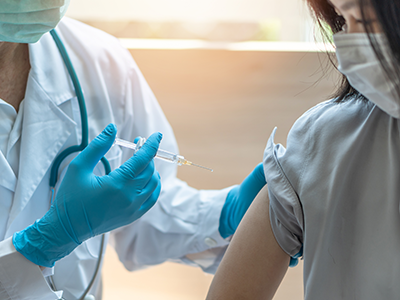



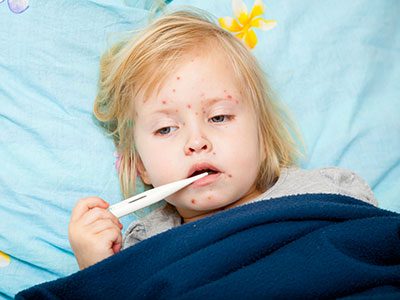

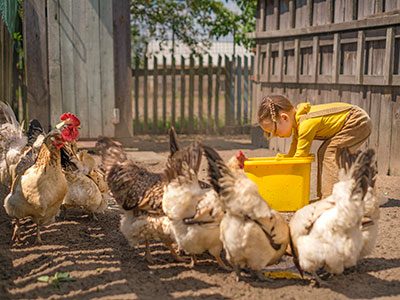
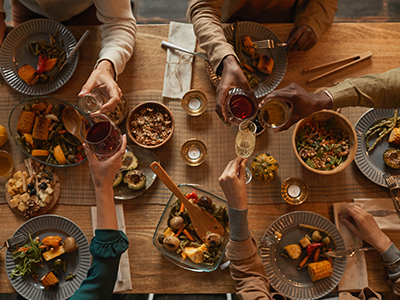

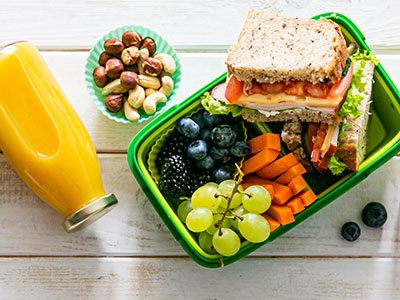
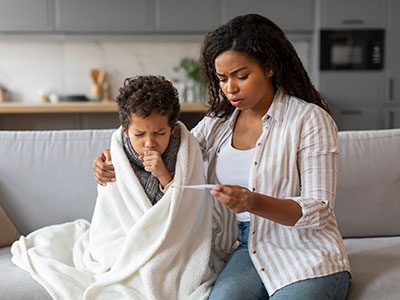
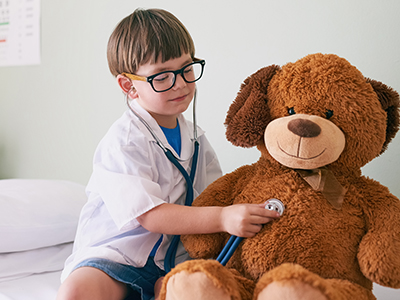



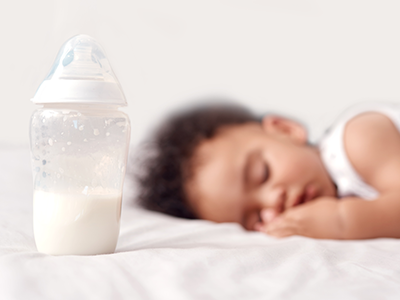
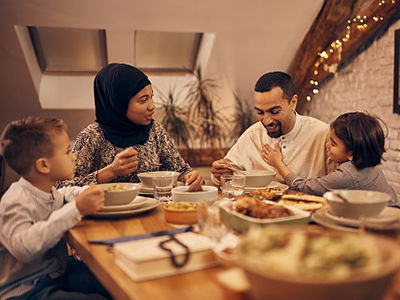
Leave a Comment
Want to join the discussion?Feel free to contribute!